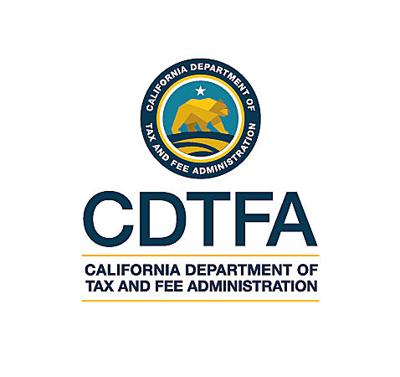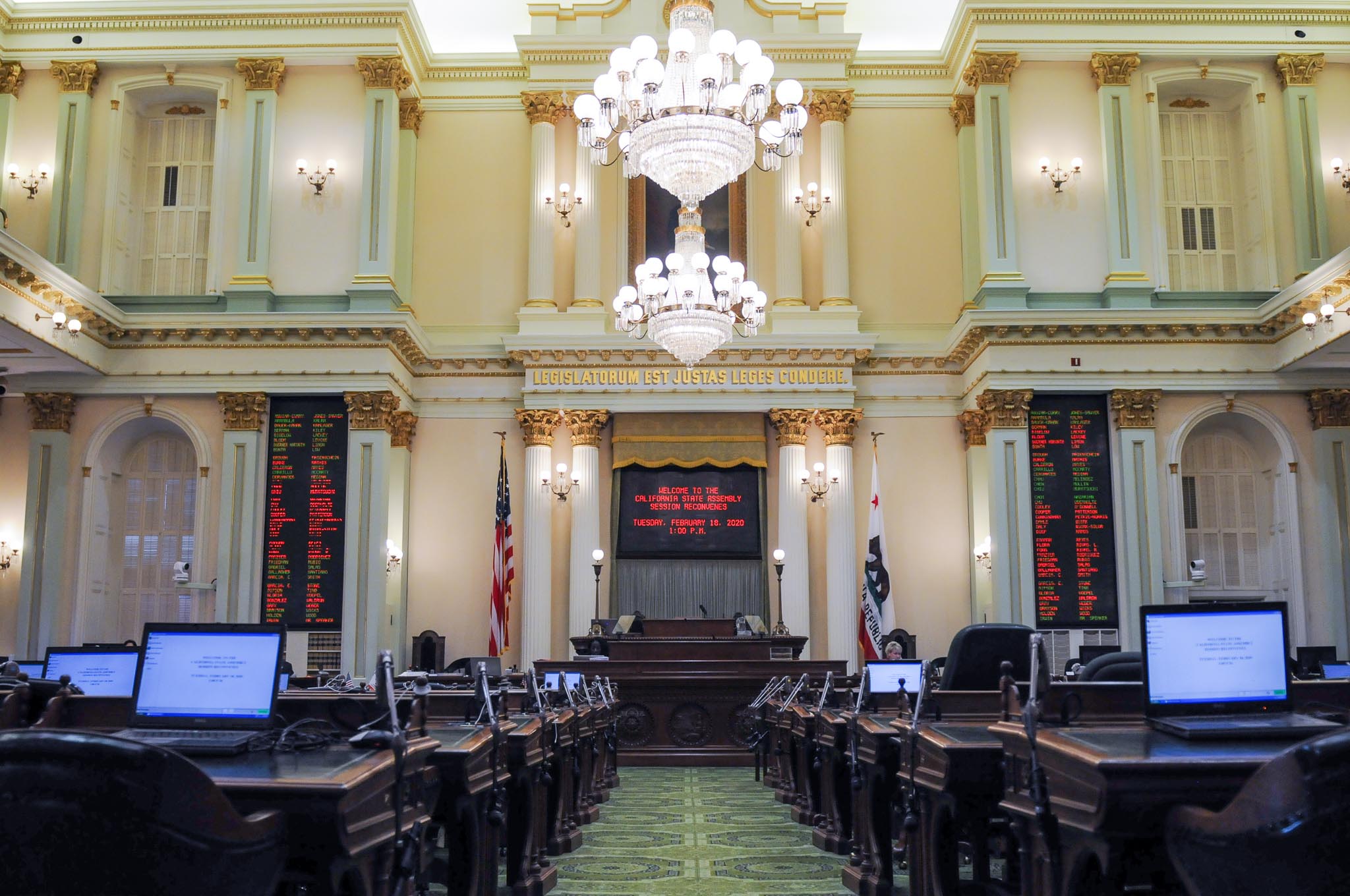
Sen. Maria Elena Durazo. (Photo: Kevin Sanders for California Globe)
Refunding the ‘Cal Competes Tax Credit’ through Senate Bill 313
Refund is then required to reinvest into immobile capital equipment
By Chris Micheli, February 5, 2021 1:27 pm
On February 4, Senator Maria Elena Durazo (D-Los Angeles) introduced Senate Bill 313, which would allow the refund to taxpayers of their California Competes tax credits if specified conditions are met. The bill would amend Revenue and Taxation Code Sections 17059.2 and 23689. Because the bill would make an appropriation, the bill will require a 2/3 vote for passage.
Under existing state law, there is the Cal Competes tax credits under both the Personal Income Tax Law and the Corporation Tax Law. This tax credit program exists between January 1, 2014 through December 31, 2029. Among other requirements, a taxpayer and the Governor’s Office of Business and Economic Development (GO-Biz) enter into a written agreement setting forth the taxpayer’s investment commitments in the state in exchange for the tax credits.
SB 313 would allow taxpayers to elect to be paid a refund in cases where their Cal Competes tax credit amount exceeds the taxpayer’s tax liability for any tax year beginning on or after January 1, 2022. Section One of the bill would amend Section 17059.2 of the Revenue and Taxation Code, which is the Personal Income Tax Law, by adding a new subdivision (b).
The amount refunded cannot exceed the amount of total taxes imposed by the state and paid by the taxpayer during the taxable year. To be eligible for a refund of the credit allowed by this section, the taxpayer must, upon request, provide necessary information, including certification from GO-Biz that the taxpayer is qualified.
If the taxpayer receives a refund, it is then required to reinvest the refund into immobile capital equipment that supports infrastructure improvements, expansion, or developments for media production facilities in California. In addition, the taxpayer is prohibited from reinvesting refunds for the improvement of immobile capital equipment unless the improvements are made under a project labor agreement and using a skilled and trained workforce.
In order for the taxpayer to qualify for this refund mechanism, the taxpayer must have created at least 5,000 prevailing wage, full-time or full-time equivalent jobs in California each year for a period of 10 years. “Immobile capital equipment” is defined as property of the type defined in Section 1250(c) of the Internal Revenue Code. “Project labor agreement” is defined in paragraph (1) of subdivision (b) of Section 2500 of the Public Contract Code. “Skilled and trained workforce” is defined in Chapter 2.9 (commencing with Section 2600) of Part 1 of Division 2 of the Public Contract Code.
The Franchise Tax Board may adopt any necessary regulations to carry out this new provision of law and does not have to comply with the Administrative Procedure Act (APA). Section Two of the bill would amend Section 23689 of the Revenue and Taxation Code, which is the Corporation Tax Law, by adding a new subdivision (b).
SB 313 is expected to be heard in its first policy committee in early March.
According to the Governor’s Office of Business and Economic Development, the California Competes Tax Credit is an income tax credit available to businesses that want to locate in California or stay and grow in California. Businesses of any industry, size, or location compete for over $180 million available in tax credits by applying in one of the three application periods each year. Applicants will be analyzed based on twelve different factors of evaluation, including number of full-time jobs being created, amount of investment, and strategic importance to the state or region.
- Commercial Fishing - February 26, 2026
- Are These Extra Words Needed in California Statutes? - February 25, 2026
- Attorneys-in-Fact in Probate - February 25, 2026





Zzzzzzzzzzzz….
What????
What was the reason for this again????
From what I can tell the tax credit is to attract businesses to California and keep businesses from leaving. If a refund is issued a stipulation must be met in order to use the money.
I think that is what the bill is about. It does not seem like a great incentive to stay or come here when there are so many other roadblocks for SBA or any business to make it in California.
I would appreciate a little more explanation on this as well as I am not a business owner in this state.
https://business.ca.gov/california-competes-tax-credit/